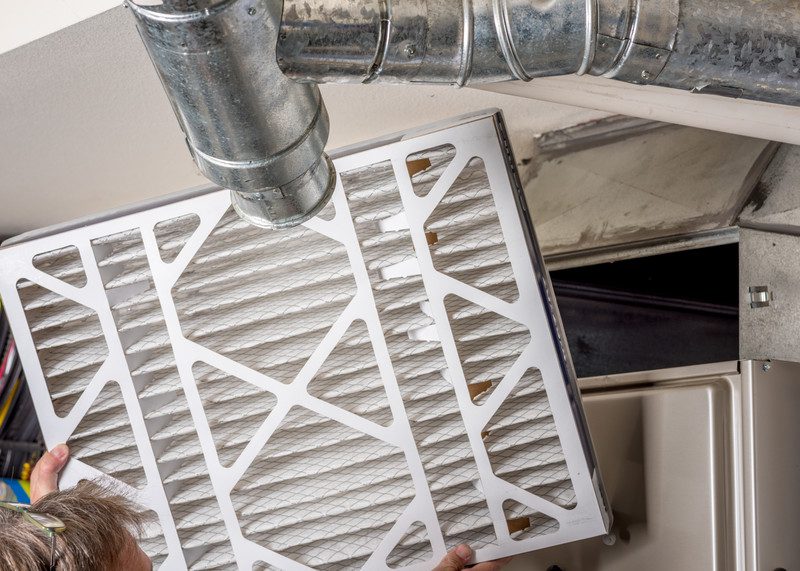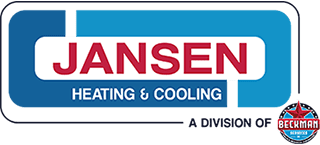Choose the Best Air Filter for Your Home’s HVAC System

The filter that works with the forced-air heating and cooling system in your home, while relatively unimposing and inexpensive, serves a crucial role in the continued smooth operation of your air conditioner, heat pump or furnace. Depending on its efficiency level, the filter also may enhance indoor air quality. Many homeowners tend to lump all “furnace filters” into the same general category, despite the fact that just like any other product, these filters come in a wide range of quality and efficiency.
When choosing an air filter for your home’s forced-air comfort system, it’s important to know the differences between residential filters. That way you’ll be better equipped to choose the best one for your heating and cooling system and the air quality situation in your particular home.
What Role Does the Air Filter Play in Your HVAC System?
Before getting into a discussion of how to choose an HVAC filter for your home, it’s important to understand the role that the filter plays in heating and cooling. The filter is usually located next to the furnace or air handler (for an AC or heat pump), at the spot right before a powerful fan draws “supply” air into the actual equipment. The filter sifts out airborne particles – including household dust and various unwanted contaminants (such as pet dander, dust mites, pollen and mold spores to name a few) – before the air gets heated or cooled. This protects sensitive HVAC components from dirt and dust, preventing friction and impaired efficiency. In addition, if the filter is sufficiently efficient, it will keep most of the smallest contaminants out of your indoor air.
How Do You Choose the Right Filter?
Before deciding on the proper air filter for your home, consider your needs and priorities. If you have particular concerns about air quality, perhaps due to a family member with respiratory issues or severe allergies, or maybe because of external or internal factors that make your indoor air especially polluted, you’ll want a high-efficiency filter. These filters sift out the vast majority of airborne particulates, including some of the smallest.
If you don’t have special health concerns related to air quality or another factor that makes your indoor air particularly dirty, then a mid-efficiency HVAC filter likely will do the trick. These remove the great majority of common household contaminants from your indoor air.
MERV Ratings Can Help With Your Choice
When shopping for an HVAC filter for your home’s heating and cooling system, the MERV rating system (Minimum Efficiency Reporting Value) can be a big help. (Of course, the first thing you’ll want to do is look at the filter you’re replacing so you’ll know the proper dimensions.)
Cheap flat-panel fiberglass filters typically carry MERV ratings of 1-4. They’ll remove up to 80 percent of airborne particles 50 microns and bigger, but won’t remove any more than 25 percent of smaller particles in the 3- to 10-micron range. A better choice and only several dollars higher in price are the air filters in the MERV 5-12 range. They remove a significantly higher percentage of particulates without restricting system airflow.
How the filter affects airflow is an important consideration when choosing the right filter. A filter that’s too efficient – with dense filtration media – may impede airflow through your system, which can erode performance and energy efficiency, and potentially damage the equipment. If for health or other reasons, you need an ultra-high-efficiency air filter for your HVAC system, you may need to consider retrofitting your equipment so it will work with the denser filter without restricting airflow.
When shopping for an air filter, if you can’t find the MERV rating on the packaging – and yes, it can be difficult to find – ask a clerk at the store or look up the product online. If you still can’t find that information, it may be because the manufacturer uses a different rating system for filters (such as MPR or FPR). That alternate rating should be provided on the packaging, with an explanation of what it means. If not, you can find the information online.
